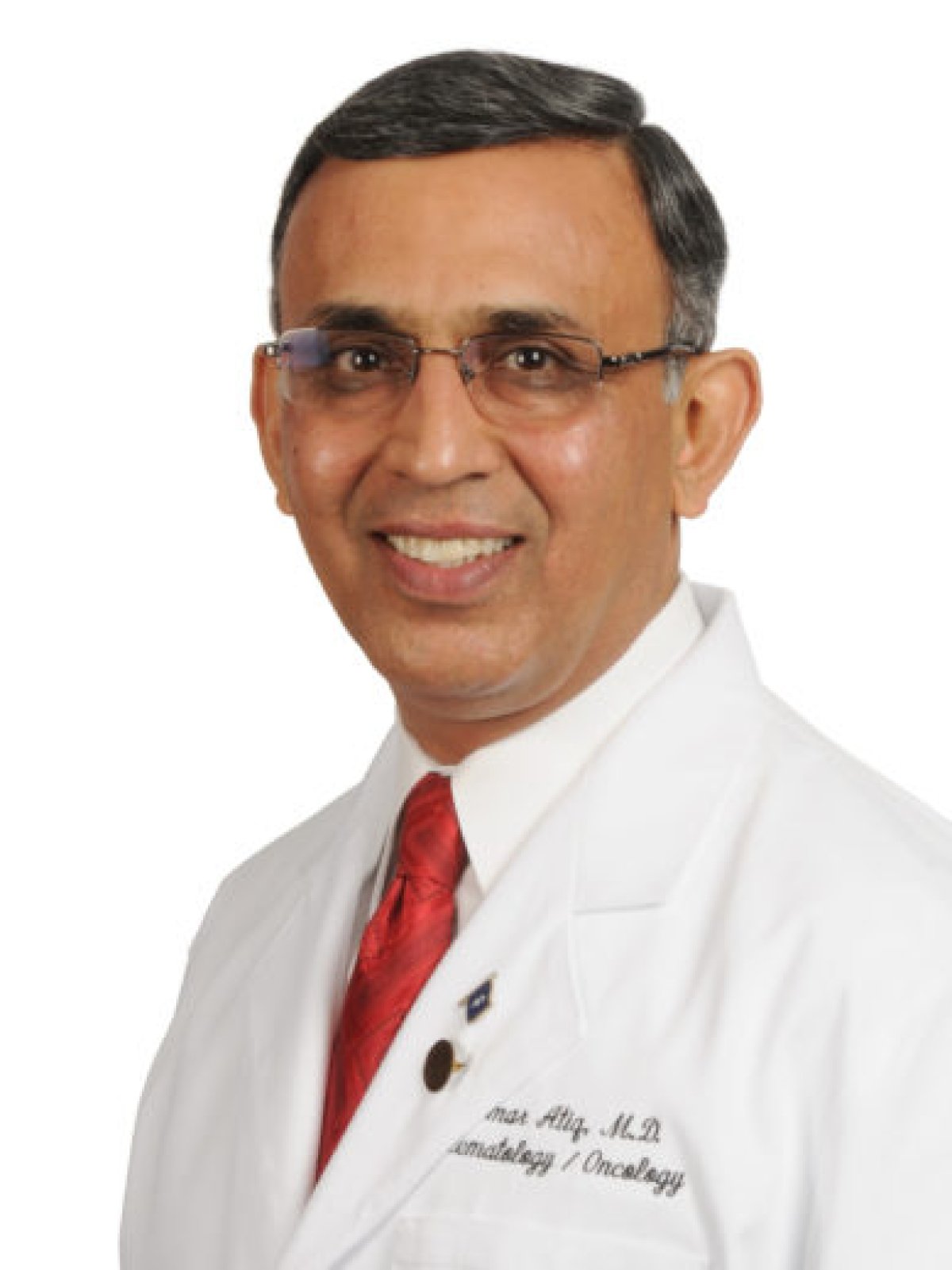A doctor has wiped away $650,000 in debt for nearly 200 of his patients with cancer. Dr. Omar Atiq, an oncologist who founded a cancer treatment center in Pine Bluff, Arkansas, sent out a holiday greeting to patients before Christmas, letting them know their outstanding payments would be cleared.
"I hope this note finds you well. The Arkansas Cancer Clinic was proud to serve you as a patient. Although various health insurers pay most of the bills for [the] majority of patients, even the deductibles and co-pays can be burdensome," the card read as reported by the Arkansas Democrat Gazette.
"The clinic has decided to forego all balances owed to the clinic by its patients. Happy Holidays."
The clinic, which provided cancer treatments ranging from chemotherapy and radiation therapy to diagnostics, closed in late February due to staffing shortages.

Working on a sweet story tonight.
— Hunter Hoagland (@HunterHoagland) December 30, 2020
Around 200 cancer patients in Pine Bluff got this holiday card a few days ago— Dr. Omar Atiq who founded the Arkansas Cancer Clinic is forgiving all outstanding debts owed by patients.
He says they wiped away bills totaling around $650,000. pic.twitter.com/IHnQ3IAv15
Outstanding patient bills totalled nearly $650,000. However, the clinic worked with a billing company to cancel the debt.
"We thought there was not a better time to do this than during a pandemic that has decimated homes, people's lives and businesses and all sorts of stuff," Atiq said. "We just thought we could do it, and we wanted to, so we went ahead and did it."
Atiq, originally from Pakistan, is a professor of medicine and otolaryngology-head and neck in the UAMS College of Medicine. He is also the chair of the board of governors of the American College of Physicians, a UMAS biography reads.
The doctor moved his family to Arkansas in 1991 after completing a fellowship at Memorial Sloan Kettering Cancer Center in New York City and receiving a job offer from the Jefferson Regional Medical Center in Pine Bluff.
"Being sick is hard, having cancer is harder, and having cancer in this pandemic is devastating," he told KARK. "I am just a regular physician—a regular person that they have in the neighborhood—just so happens to be me standing here. The ones struggling couldn't pay, so we thought we could just write off the debt."
"It is really fate," he said, referring to the decision to move. "We have been very grateful. This has been home for a long time. We are grateful for the opportunity for what has happened to our lives here."
Atiq said he was happy to give his patients a bit of relief. "I love them, I care for them, and I am glad I was able to do a little bit at this point for them," he explained.
The Arkansas Medical Society President said his clinic, in part, amassed the outstanding debt because "we have never refused to see a patient."
"Not for lack of health insurance or funds nor for any other reason," he said. "I've always considered it a high honor and privilege to be someone's physician—more important than anything else."
Support for the doctor flooded in from many of his former patients after hearing the news.
"He is truly an amazing man. Cared for several of my family members and myself during cancer treatments," one woman wrote over Facebook.
"He treated Ben for anemia. Such a sweet and caring man!" another said.
Newsweek has contacted the the Arkansas Cancer Clinic and Dr. Omar Atiq for comment.
Cancer treatment is notoriously expensive, costing Americans billions each year. For patients and their families, the costs associated with direct cancer care are staggering.
In 2014 cancer patients paid nearly $4 billion out-of-pocket for cancer treatments, according to a report compiled by the American Cancer Society Cancer Action Network.
Cancer also represents a significant proportion of total U.S. health care spending, accounting for roughly $87.8 billion on cancer-related health care in 2014.
Those diagnosed with cancer are more than 2.5 times more likely to declare bankruptcy than those without cancer, according to a 2013 study from the Fred Hutchinson Cancer Research Center in Seattle.
A 2014 survey conducted by the Cancer Support Community, a national nonprofit network, revealed that almost half of the 7,000 patients they polled were riddled with anxiety because of financial concerns, while about a third drained savings or tapped retirement accounts to pay for care.
Uncommon Knowledge
Newsweek is committed to challenging conventional wisdom and finding connections in the search for common ground.
Newsweek is committed to challenging conventional wisdom and finding connections in the search for common ground.
About the writer
To read how Newsweek uses AI as a newsroom tool, Click here.








